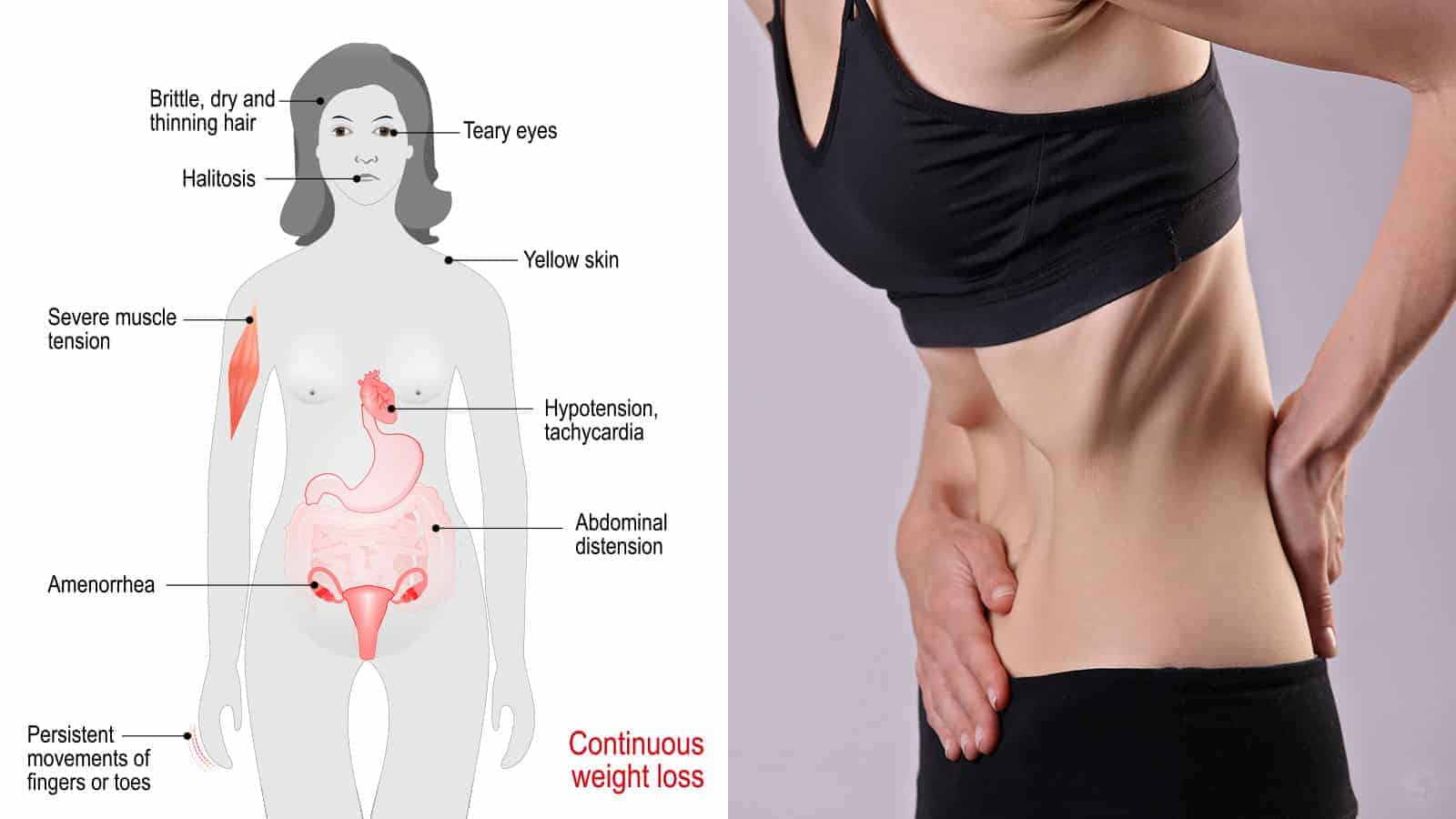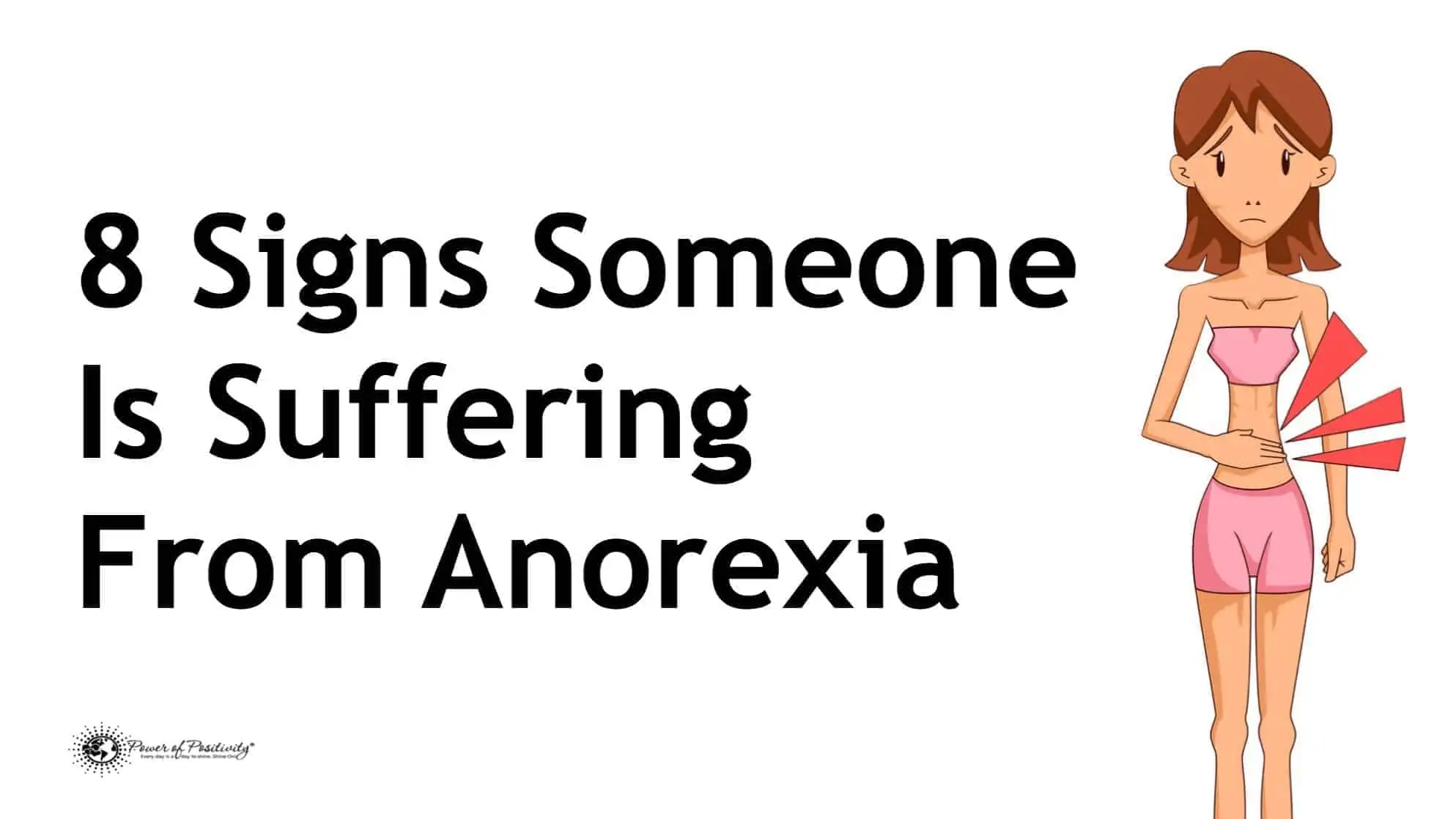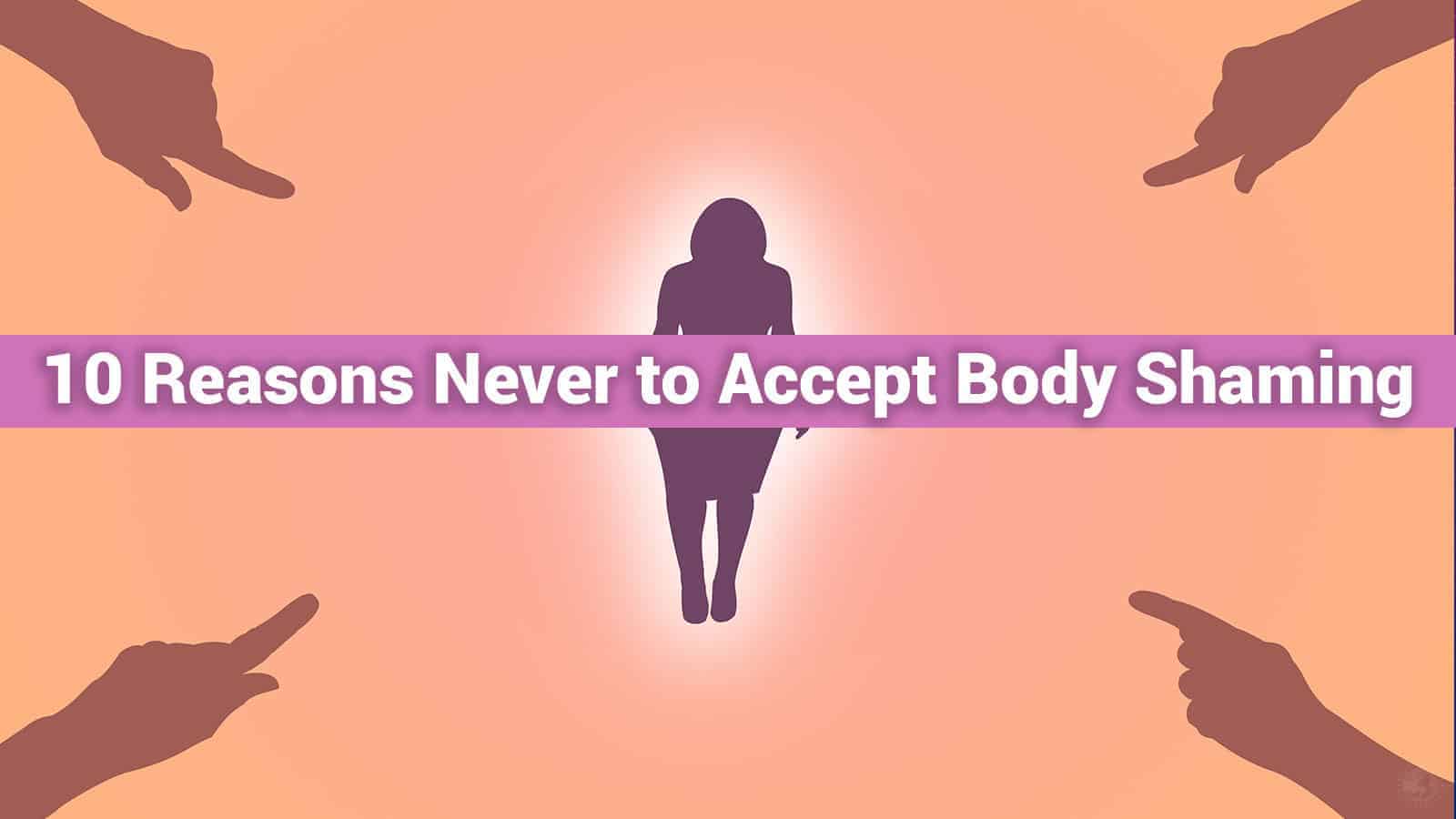Eating disorders are a complicated mental illness that goes undiagnosed in America each day. Of the three different types, most people are probably familiar with anorexia nervosa. Unfortunately, many who have it continue to suffer because of denial.
While you’ve heard of anorexia, do you know its signs and symptoms and how dangerous it can be? Anorexia nervosa distorts people’s sense of reality while their body wastes away day by day. Knowing the facts about this debilitating disorder can empower you to seek treatment for yourself or a loved one if needed.
The Origins of Anorexia Nervosa
Although the medical world described symptoms of anorexia as early as the 17th century, the term anorexia nervosa wasn’t created until the mid-19th century. One school of thought credits an English physician for coining the word, while another claims it originated in France.
Either way, this devastating eating disorder entered the global spotlight and has intrigued medical experts ever since. The word anorexia is a transliteration of the original Greek meaning, no appetite. Since anorexia had several subcategories, Dr. Richard Gull added the qualifier Nervosa in the 1850s, which means nervous.
Together, the term denotes having no appetite because of nerve problems. We now know that the word anorexia may be a misnomer because patients often have a ravenous appetite but refuse to eat. It remains a mystery to scientists if the disorder is based on genetics, environmental influences, or both.
Social Backdrop of Eating Disorders
Thanks to Hollywood and the American media, we have generations of young people who never feel good enough. In past eras, full-figured men and women were considered healthy, wealthy, and attractive. Consider the Renaissance paintings and sculptures.
The global sense of beauty shifted on the scales in the latter 18th-early 19th century. Women endured painful undergarments and dangerous medications to keep an hour-glass figure. Some went to the extent of having ribs removed to create a wasp-like waistline, and eating disorders were commonplace.
This delusional concept of the ideal feminine form created self-body shame that has only worsened. Images of painfully thin supermodels like Twiggy and Kate Moss enticed young women into serious eating disorders like anorexia. Even after beloved songbird Karen Carpenter succumbed to the disease in 1983, many women continue to be blinded by false media body images.
Statistics of Anorexia Nervosa
Did you know that at this moment in America, at least four out of 100 women are anorexic? You may be shocked to discover that at least one out of every 100 men are too. The statistics may be higher since these only represent diagnosed cases, and not the ones left undiagnosed.
Anorexia nervosa is a recognized mental illness and is cataloged in the DSM-V used by mental health professionals for diagnoses. Sadly, this eating disorder has some of the highest relapse and mortality rates than all others. Because people with anorexia often have coexisting disorders such as depression and anxiety, suicide is usually the cause of death.
It’s a prominent misconception that this eating disorder is exclusive to women. Perhaps the illusion stems from the fact that more female cases are documented. Medical experts believe that because many men are hesitant to admit and be treated, male anorexia often goes unnoticed.
Could You Have Anorexia Nervosa?
As with any mental disorder, the first step in being treated for anorexia is to realize you have a problem. Unfortunately, one of the symptoms of this eating disorder is a skewed sense of self-reality, so patients continue to decline. If you believe a friend or loved one is anorexic, it’s essential to recognize the signs and symptoms before it’s too late.
Although eating disorders are more prominent in young women, don’t dismiss these warning signs just because you’re a guy. Many of these symptoms overlap with other serious eating disorders, so it’s crucial to consult with your professional healthcare provider.
Could you or someone you love be anorexic? Early intervention can save lives. These are the top ten red flags that usually indicate this life-threatening eating disorder.
10 Signs Someone Has Anorexia Nervosa
1. You Obsess About Your Body Image
Do you avoid mirrors because you hate your body? People who are anorexic can’t look beyond the bathroom scales to appreciate their unique beauty and talent. You may have an eating disorder if you are obsessed with weight loss and dream about liposuction and plastic surgery.
2. You’ve Lost Too Much Weight
Although standards of height and weight may vary slightly, they are a reasonable gauge for figuring your ideal weight and body mass index. Losing too much weight can be just as hazardous to your health as being overweight.
3. You Consider Your Body Image as Your Self-Worth
We are as unique as snowflakes and are a triune being of body, mind, and spirit. The sum of these plus your character makes your self-worth. If your self-esteem relies on your weight and body shape, you’re missing the whole picture.
A person who is anorexic feels constant self-loathing because of this body image distortion.
4. You Only Eat Low-Fat and Low-Calorie Foods
Of course, medical and fitness experts recommend eating whole, nutritious foods to maintain optimal health. Yes, we should make low-fat and low-calorie foods a priority in our meal plans. However, those with anorexia obsess about calories and fat content, always trying to lose more weight.
In addition to being obsessed with dieting and losing weight, those who are anorexic often are passionate about exercise. They will often spend hours in the gym or at home, exercising themselves into a frenzy. Unfortunately, their body is in starvation mode, and they can only lose muscle mass, which encourages the delusion.
5. You Won’t Eat in Public
People who have social anxiety don’t feel comfortable in a crowd, regardless of the gathering involves food. You could have an eating disorder like anorexia if you avoid eating in public for fear that people are watching what you eat. You may not want them to notice your eating habits or how little you eat.
Perhaps you may depend on a few slights of hand to detract attention from yourself if you cannot avoid eating a meal with family or friends. Maybe you put a few things on your plate and move them around with your fork to give the illusion of eating. Perhaps you claim you are full and put your food in a doggie bag, which you will probably feed to your pet instead of yourself.
6. You Often Skip Meals for Days
It’s normal to skip a meal when you are in a rush or don’t feel well. When you make it a daily habit, it becomes a problem, especially if you crave the food. Skipping meals and self-induced starvation is a classic symptom of anorexia.
7. You Use Baggy Clothes to Hide Your Thin Body
Take a few minutes to inspect your wardrobe and notice if you are wearing the appropriate size. While most people enjoy a baggy outfit for lounging or working in the yard, your wardrobe may be dominated by oversized clothes that cover you entirely. Ask yourself if you are trying to mask your dangerously thin body to avoid questions from others.
How long has it been since you’ve worn form-fitting clothes or ones that show a little skin? If you can’t remember or don’t have any clothes like this in your wardrobe, it’s time to be concerned.
Why are you covered up in hoodie and sweatpants in the heat of summer?
8. If You are Female, You’ve Missed Three or More Periods
After you’ve experienced your first menstrual period, you will soon recognize your pattern for each month. Although it’s normal to miss a period occasionally, some medical conditions and medication may make them erratic or stop entirely.
Malnutrition from anorexia can wreak havoc on your reproductive system, including period cessation and infertility.
9. You Avoid Social Scenes That Involve Eating
Women and men who are secretly hiding anorexia often become reclusive. Not only do they avoid eating in public, but they tend to decline any social gatherings that may include food. The resulting depression and isolation not only worsen their depression but can increase the anorexic symptoms.
10. You Continually View Yourself as Overweight
If you’ve changed your lifestyle and have reached your targeted weight, you have a right to feel proud. However, do you continue to see an overweight person in the mirror regardless if you continue to lose too much weight? As a mental disorder, anorexia nervosa erodes your self-worth and deludes your mind into thinking you are fat, even when you are emaciated.
Final Thoughts on Overcoming Anorexia Nervosa
Treatment for anorexia and other eating disorders usually combine psychological therapy and behavioral modification. Individuals are often hospitalized for an extended period for therapy and medical supervision. Like alcoholism, anorexia recovery is often ongoing for life.
Eating disorders like anorexia nervosa are life-threatening conditions. If you or a loved one recognize one or more of these symptoms, seek help from your professional healthcare provider as soon as possible. With intervention, compassion, and the right treatments, you can overcome anorexia and reclaim a healthy life.

















 Community
Community

